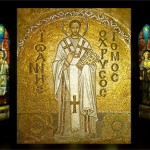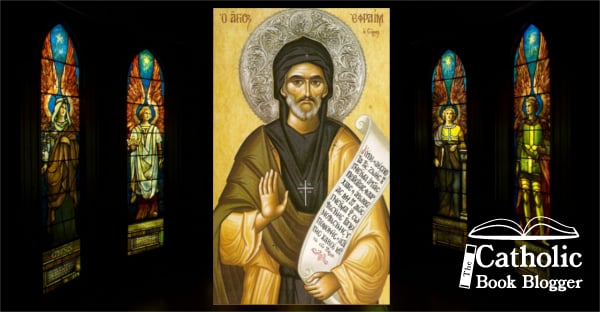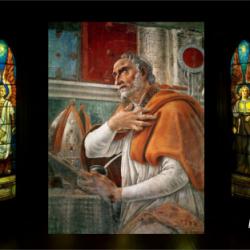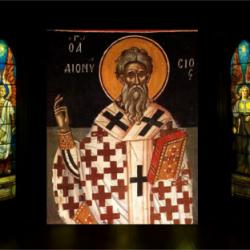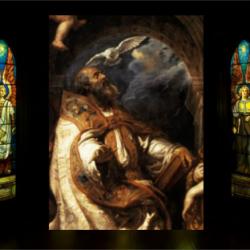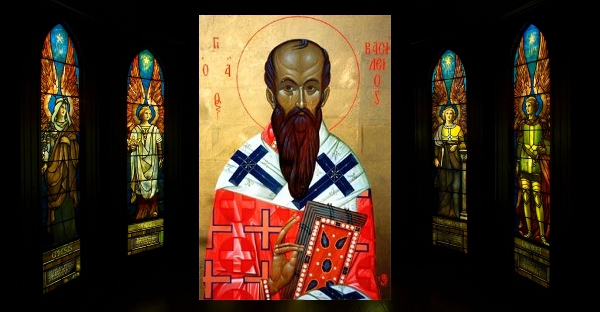 If creation is good, why are there poisonous plants? St. Basil reminds us not to suppose that our stomachs are the measure of everything. What is poisonous to eat may also be a vital medicine—which is as true now as it was then.
If creation is good, why are there poisonous plants? St. Basil reminds us not to suppose that our stomachs are the measure of everything. What is poisonous to eat may also be a vital medicine—which is as true now as it was then.
In the rich treasures of creation, it is hard to select what is most precious; the loss of what is omitted is too severe. “Let the earth bring forth grass;” and instantly, with useful plants, appear noxious plants; with corn, hemlock; with the other nutritious plants, hellebore, monkshood, mandrake and the juice of the poppy.
Well, then, shall we show no gratitude for so many beneficial gifts, and reproach the Creator for those that may be harmful to our life? And shall we not reflect that not everything has been created in view of the wants of our bellies? The nourishing plants, which are destined for our use, are close at hand, and known by all the world.
But in creation nothing exists without a reason. One serves as food to some animal; medicine has found in another a relief for one of our maladies. There are even circumstances where poisons are useful to us; with mandrake doctors give us sleep; with opium they lull violent pain. Hemlock has often been used to appease the rage of unruly diseases; and many times hellebore has taken away longstanding disease. These plants, then, instead of making you accuse the Creator, give you a new subject for gratitude. –St. Basil, Hexameron, 5.4
IN GOD’S PRESENCE, CONSIDER . . .
When bad things happen, am I tempted to blame the Creator?
How can I grow in the belief that everything is made for a reason?
CLOSING PRAYER
Father, you have created every blade of grass. Watch over all your creation with your unconquerable providence.
Remember to subscribe to my feed so you will not miss a day! This recurring feature at The Catholic Book Blogger is possible through the cooperation of author Mike Aquilina and publisher Saint Benedict Press. To get your own copy of this book, click below.


